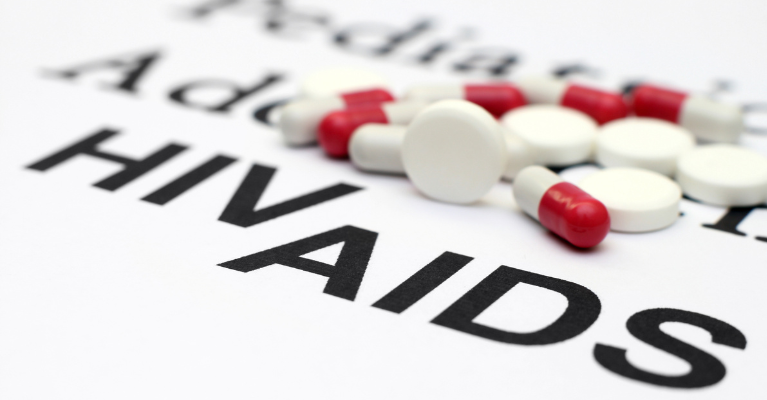News | Infectious Diseases, Vaccines & Antimicrobials | HIV
Gilead launches groundbreaking programme as talks begin for twice-yearly anti-HIV jab registration in South Africa
Time to read: 01:59
Time to listen: 02:06
Published on MedED: 28 October 2024
Type of article: News
MedED Catalogue Reference: MNG0054
Category: News
Category Cross-reference: Infectious Diseases, Vaccines
Keywords: HIV, Gilead, Lenacapavir, SAHPRA
Top

28 October 13:45
Gilead Sciences, the maker of a twice-yearly anti-HIV injection containing lenacapavir, is working with South Africa's Health Products Regulatory Authority (Sahpra) to expedite local registration of the shot, which is targeted at preventing HIV.
Generic versions are expected to be available in 2027 for 120 high-HIV-rate countries, including South Africa. While lenacapavir is already approved in some countries for treating HIV-infected individuals resistant to other therapies, it has yet to be authorised for use as pre-exposure prophylaxis.
Sahpra, despite its expertise, faces staffing challenges that delay medicine reviews. The agency aims to leverage the EU Medicines for All (EU-M4all) initiative to expedite the evaluation process through a joint review with the European Medicines Agency.
Gilead plans to file for registration with Sahpra once the EU-M4all review is complete.
Meanwhile, the National Health Department is considering a request for information (RFI) to gauge pricing and availability from manufacturers ahead of approval, an unprecedented move to save time and prevent HIV infections during the registration process.
This story was compiled from various resources including:
Disclaimer
This article is compiled from various resources researched and compiled by the contributor. It is in no way presented as an original work. Every effort has been made to correctly attribute quotes and content. Where possible all information has been independently verified. The Medical Education Network bears no responsibility for any inaccuracies which may occur from the use of third-party sources. If you have any queries regarding this article contact us
Fact-checking Policy
The Medical Education Network makes every effort to review and fact-check the articles used as source material in our summaries and original material. We have strict guidelines in relation to the publications we use as our source data, favouring peer-reviewed research wherever possible. Every effort is made to ensure that the information contained here is an accurate reflection of the original material. Should you find inaccuracies, out of date content or have any additional issues with our articles, please make use of the contact us form to notify us.
